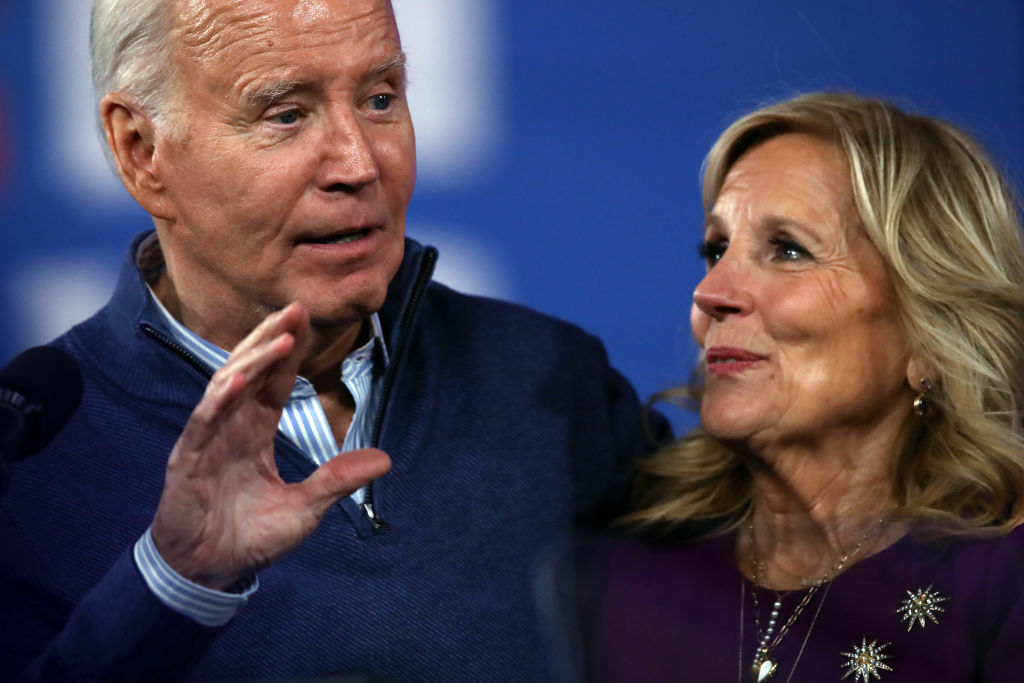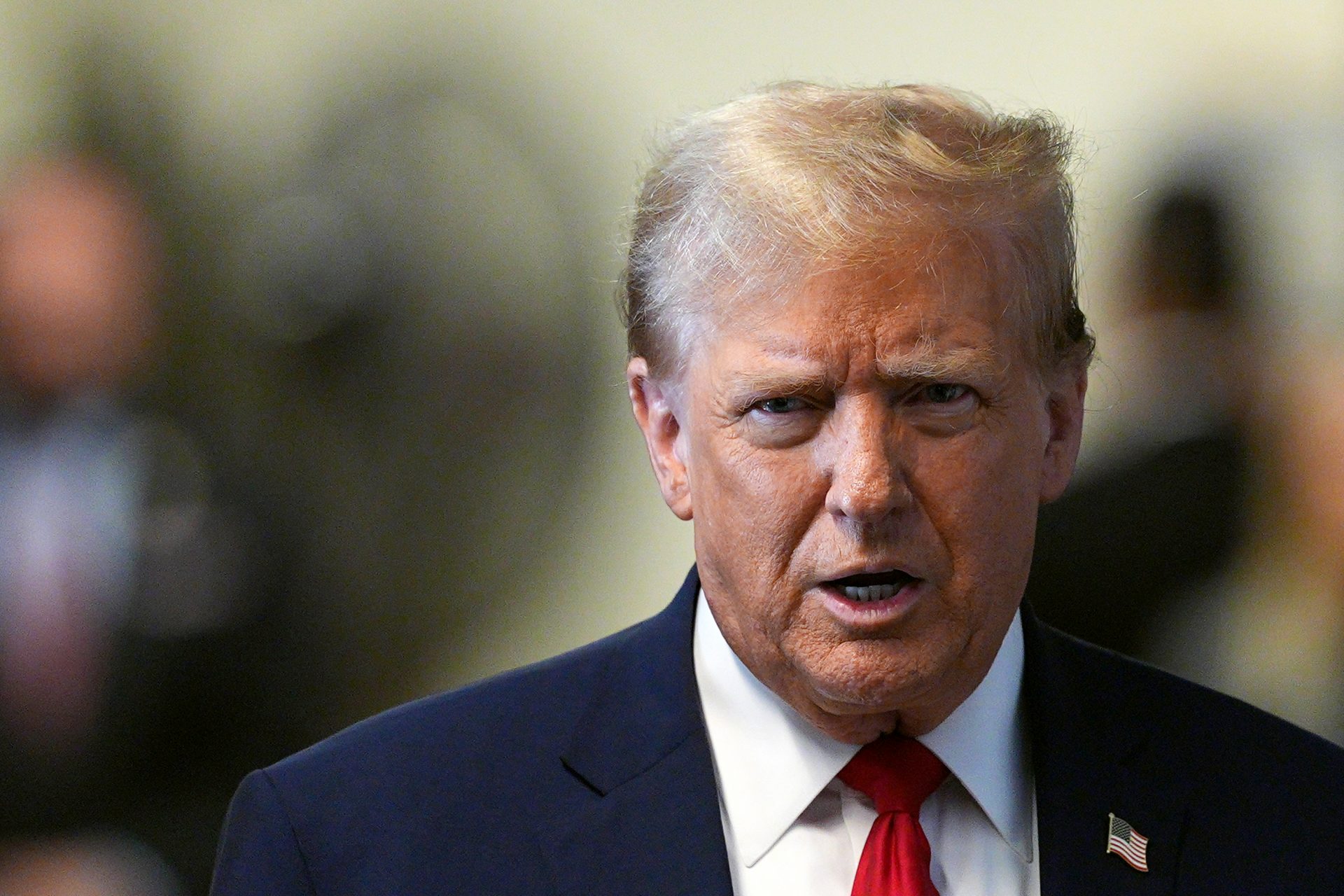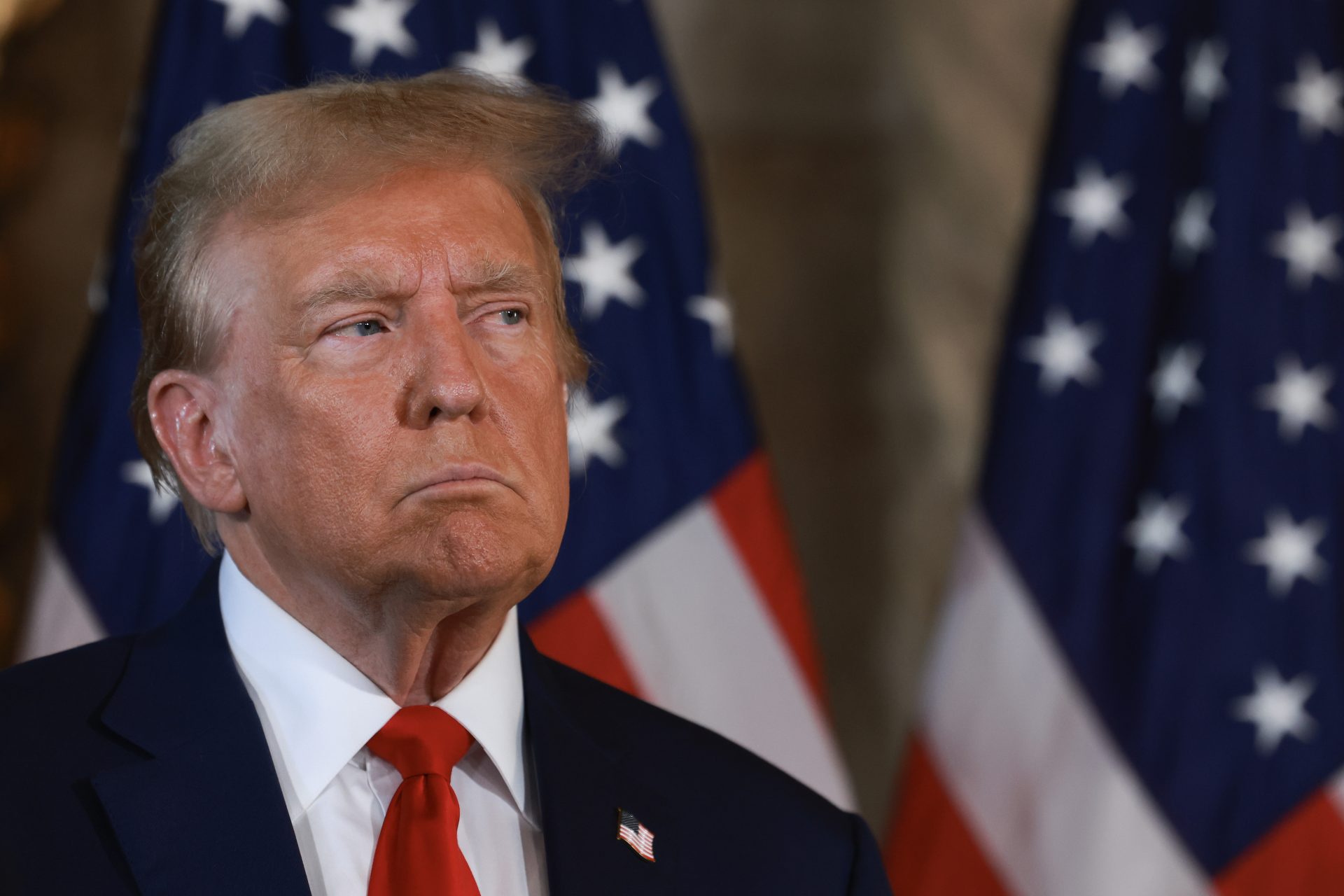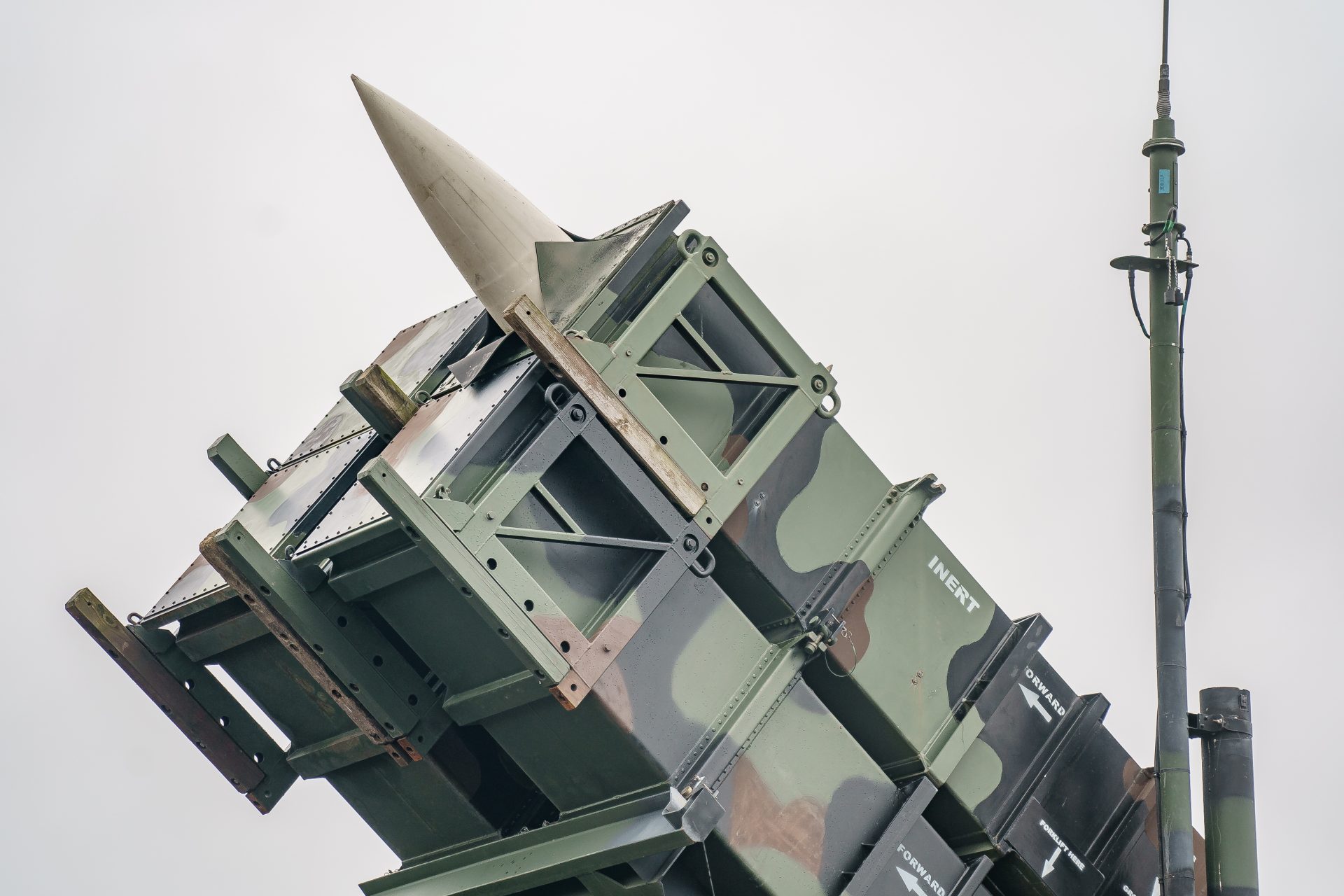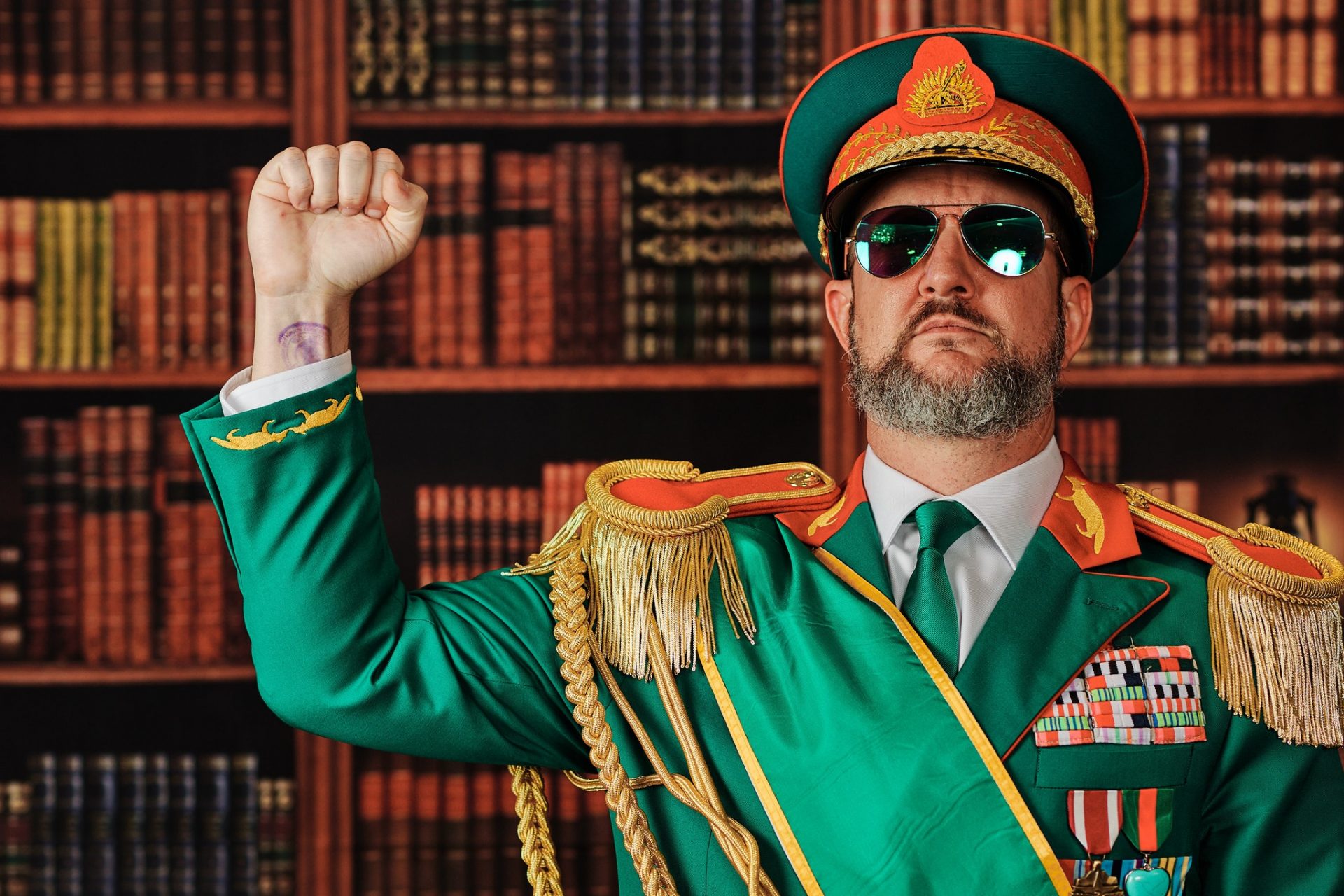Nancy Pelosi's visit to Taiwan strains the already fragile US-China relations
US Speaker of the House Nancy Pelosi visited the island of Taiwan on August 2, meeting high-ranking officials of the Taipei government. This has strained the US-China relations even further.
Pelosi is the first high-ranking US government official to meet with the government of Taiwan since Republican Speaker of the House Newt Gingrich in 1997.
The Biden administration seems to be driving US-China relations into uncharted territory in a gesture that is making geopolitical experts nervous.
Biden met in late May with the Quadrilateral Security Dialogue, a military inter-government forum between Australia, India, Japan, and the United States.
Image: YUICHI YAMAZAKI / POOL
Quad, as it's informally called, has been denounced by the Chinese government as 'Asia's NATO'.
Pictured: Protesters against the Quad conference in Tokyo in May 2022.
Biden, The New York Times reports, stated during the summit that the United States would be “committed” to giving Taiwan military support in case of Chinese aggression.
Al Jazeera adds that members of the Biden administration tried to fix the situation, emphatically stating that US policy towards Beijing and Taipei remained the same. This is the third time the US President had made such remarks.
Meanwhile, Al Jazeera cited Chinese state media, warning that the United States was 'playing with fire' in regard to Taiwan. “China has no room for compromise or concession,” foreign ministry spokesman Wang Wenbin said.
The Guardian reports that the comment was received enthusiastically by the Taiwanese government, headed by President Tsai Ing-wen. The country's Foreign Minister thanked Biden for “reaffirming their rock-hard commitment to Taiwan”.
Experts cited by The New York Times, The Guardian and others are divided on whether Biden's statement was a gaffe or a deliberate warning to set some things straight with the Beijing government.
What is true is that the president's remark seems a departure from the White House's 'official ambiguity', putting a strain on the One-China Policy that is the basis of the diplomatic status quo that has defined Taipei's (and Beijing's) relationship with the world.
Image: Liam Read / Unsplash
Another factor to take into account: Russia’s invasion of Ukraine has changed the diplomatic landscape all over the world. One of the biggest questions is how this will affect the delicate balance between China and Taiwan.
A March 18 piece published by TIME magazine shows the Taiwanese population following closely what's going on in Ukraine. Although the difference between both countries is enormous, the fear of being taken over by a far larger, authoritarian neighbor is the same.
The New York Times points out, in a March 1 piece, that historical narratives are also at the center of both conflicts. Both Taiwan and Ukraine have a complicated past and present connection with China and Russia.
Data from the TIME magazine piece reveals that the Taiwanese army is made up of 169,000 active-duty personnel. A dismal number compared to the People's Republic of China's 2,000,000 troops.
The Taiwanese government, among other things, has been considering extending the four-month-long mandatory military service and focusing on civilian training.
Xi Jinping so far has tried to distance himself from what's going on in Ukraine, a far cry to his closeness to Vladimir Putin in the past. The President of China called Putin “his best friend” in June 2019, per the BBC.
"The Russian invasion has also demonstrated how apparently modest leaders can rise to the occasion and rally an outgunned society into resisting an invasion", writes David Zweig, a professor emeritus of the Hong Kong University, in a March 14 piece for Politico.
“For the Chinese president, the war in Europe is playing out like a cautionary tale,” concludes Zweig.
Other people are less optimistic about it. Russian chess player and human rights activist Garry Kasparov put it plainly in an interview for India Today in late February: “If Putin succeeds, Taiwan is next”.
An online meeting between Joe Biden and Xi Jinping in late 2021 made clear that Taiwan remains a point of contention between the United States and China. The fear that war might break between the two superpowers due to a small island doesn't seem far-fetched.
China claims that Taiwan is part of its territory. Xi Jinping had no qualms in warning Joe Biden that he was "playing with fire".
Taiwan is an island 81 miles from mainland China. Despite its size, this place represents a wedge in US-China relations. Some even think it might cause a war between the two countries.
According to the BBC, tensions between Beijing and Taipei are "at their worst in 40 years."
In 2020, the Taiwanese government approved a defense contract with the US of over 2.3 billion US dollars. A few months later, dozens of Chinese fighter jets flew near the island's air space.
Last October, the Chinese president Xi Jinping declared that the reunification of the People’s Republic of China with the island of Taiwan was a "historical task" that needed to be fulfilled.
Taiwanese president Tsai Ing-wen responded by saying that her government won't bow to pressure. "The more we achieve, the greater the pressure we face from China," she declared.
The government in Beijing and the government in Taipei both claim to be the "legitimate" China. The People’s Republic of China regards Taiwan as a breakaway province. Meanwhile, the island’s government holds the policy that the government in Beijing is "a usurper" and officially uses the name 'Republic of China'.
Taiwan was for a long time a colony occupied by different Asian and European powers. During the Chinese Civil War in the late 1940s, the nationalist government retreated to the island. At that point, Mao Zedong won the war and established a Communist government in Beijing.
Diplomacy around China and Taiwan tends to be a very delicate matter and has shifted over time. The UN accepted the Beijing government as the legitimate China over the one in Taipei in 1971. Most countries don't recognize the island nation as a country, though many keep some sort of diplomatic contact with Taiwanese government.
The United States government, for example, keeps a policy of "strategic ambiguity." On the one hand, it recognizes the People's Republic of China as official over the one in Taipei and has regular diplomatic relations with Beijing.
On the other, the US also maintains an unofficial diplomatic contact with the Taiwanese government and aids the island, among other things, with defense. This doesn't sit well with mainland China.
Taiwan is a modern democracy with a vibrant, technology-oriented economy. However, the diplomatic ambiguity surrounding its status as a nation affects 23 million people who live in the island.
For instance, the World Health Organization cannot directly deal with the Taiwanese government when it comes to managing the COVID-19 crisis. Pictured is Tedros Adhanom, director general of the WHO.
Taiwan's defense minister has predicted that China might attempt to invade Taiwanese territory within the next ten years, according to statements reported by CNN.
Some experts posit that such invasion would play out in a similar way to Russia's annexation of Crimea in 2014.
US president Joe Biden has stated in October 2021 that his government will protect Taiwan in case of an attack from China.
However, China and the US also are two of the biggest economies in the world, connected in many ways. A Forbes think piece about the possible conflict points out that a full-on war would do more harm than good to China. Is Taiwan really worth the risk?
However, Taiwan's future and its relation with mainland China remains a mystery. One can only hope that this situation will be solved without a global conflict and with the best outcome for the Taiwanese people.
More for you
Top Stories













































